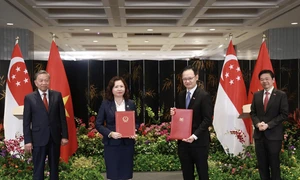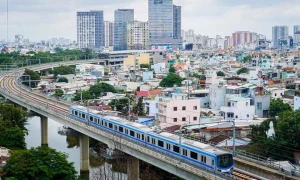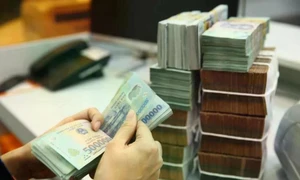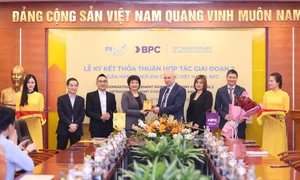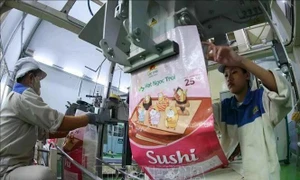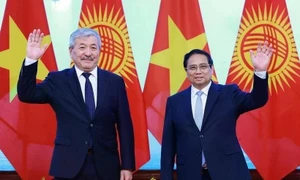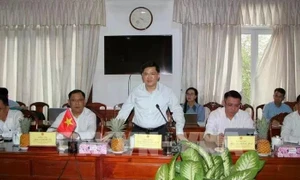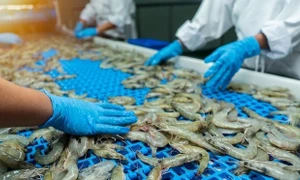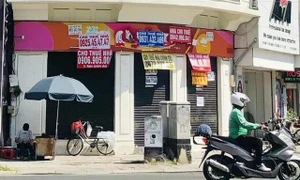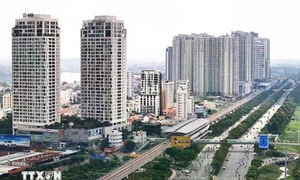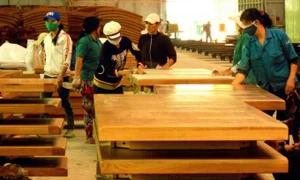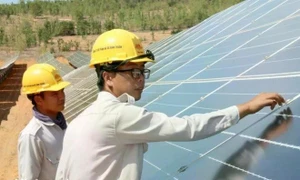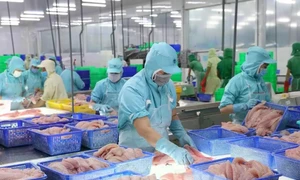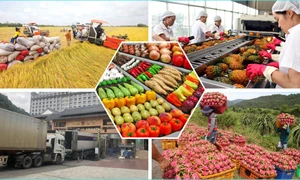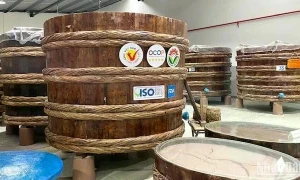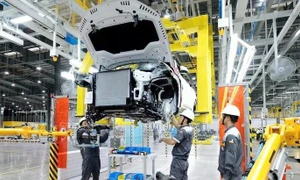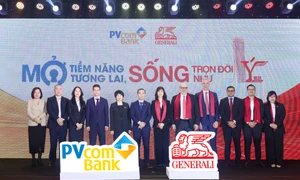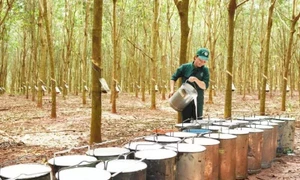
At its recent 8th session, the 15th NA passed Resolution No. 175/2024/QH15 regarding the establishment of the centrally-governed Hue city, based on the entire natural area and population of Thua Thien-Hue province. The resolution will come into effect on January 1, 2025.
Meanwhile, under the NA Standing Committee’s Resolution No. 1314/NQ-UBTVQH15, which also takes effect on January 1, 2025, Hue city will have nine district-level administrative units, and 133 commune-level ones.
Speaking at the ceremony, Man stated that throughout Vietnam's history, Hue city has always held a particularly important role and position. It is a gateway of the East-West Economic Corridor, one of the major centres for culture, tourism, education and training, and specialised healthcare, and also a growth engine of the central region while holding a key position in the national defence and security. This is a land rich in history and culture, and the only place in Vietnam and Southeast Asia that has eight heritage elements recognised by UNESCO.
The establishment of the centrally-run Hue city and the re-organisation of its district- and commune-level administrative units aim to not only improve the efficiency and effectiveness of state management but also help streamline the apparatus, save state budget spending, optimise local potential and advantages to contribute to socio-economic development of the central region and the country, better the life quality of local residents, ensure national defence, and firmly maintain social order and safety in the new context.
To effectively implement the two resolutions, he recommended that the city’s Party Committee and authorities develop specific, clear, and feasible plans to address the challenges and difficulties of becoming a centrally-run city.
This includes changing the state management model from that of a province to a centrally governed city's, with a higher level of urbanisation; and organising the administrative apparatus in a more unified, specialised, and professional manner to operate smoothly and efficiently, and ensure the effective exercise of state management functions, especially in urban management, construction order management, land management, and maintenance of political security and social order and safety.
The top legislator emphasised the need to focus on economic restructuring associated with renewing the growth model; give priority to sectors where Hue has competitive advantages such as tourism based on heritage and cultural values; develop industry towards increasing added value, high-tech content, and environmental friendliness; and promote sustainable, high-tech agriculture that adapts to climate change.
At the same time, efforts should be concentrated on mobilising resources to invest in urban infrastructure, production infrastructure, and economic development; accelerating administrative reform; and improving the business and investment environment in connection with digital government and smart urban services.
In particular, he went on, Hue should place great emphasis on implementing policies for scientific and technological innovation aimed at green development to meet the objectives outlined in national strategies and programmes on environmental protection, green growth, and clean technology application. Constant attention should also be paid to socio-economic development in ethnic minority, mountainous, disaster-hit, and climate change-prone areas.
Leaders and people of Hue must exert even greater effort and determination to ensure that by 2030, it will become one of the major and unique centres of Southeast Asia in terms of culture, tourism, and specialised healthcare; and one of the big centres of Vietnam in science and technology, as well as in multi-disciplinary, high-quality education and training, stressed Man.
The NA Chairman also noted the importance of strengthening the consensus and solidarity among the people and businesses, encouraging everyone to recognise their responsibility, pride, and confidence in striving for progress.
He expressed his belief that Hue will continue to bring into full play its potential, strengths, and resources, embrace innovation, and boldly pursue breakthroughs to become a peaceful, livable centrally-run city - a green, modern, smart, and happy Hue.
Le Truong Luu, Secretary of the Thua Thien-Hue provincial Party Committee and Chairman of the provincial People's Council, affirmed that with its new role and position, the entire political system, officials, Party members, and people of Hue will fully harness their sense of responsibility, dedication, intelligence, and solidarity to turn Hue into a sustainable, safe, peaceful, and friendly city that deeply embodies its cultural identity.
